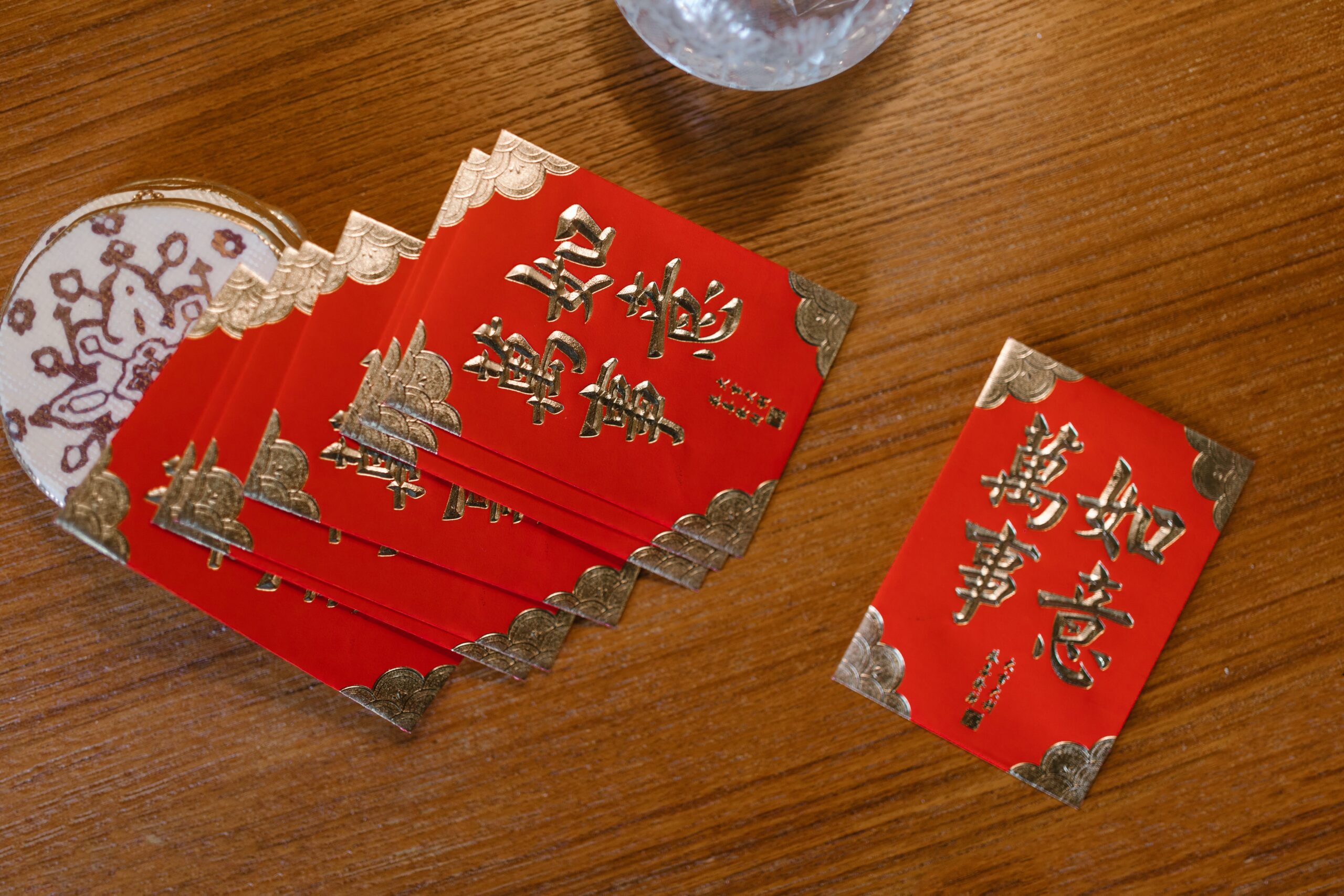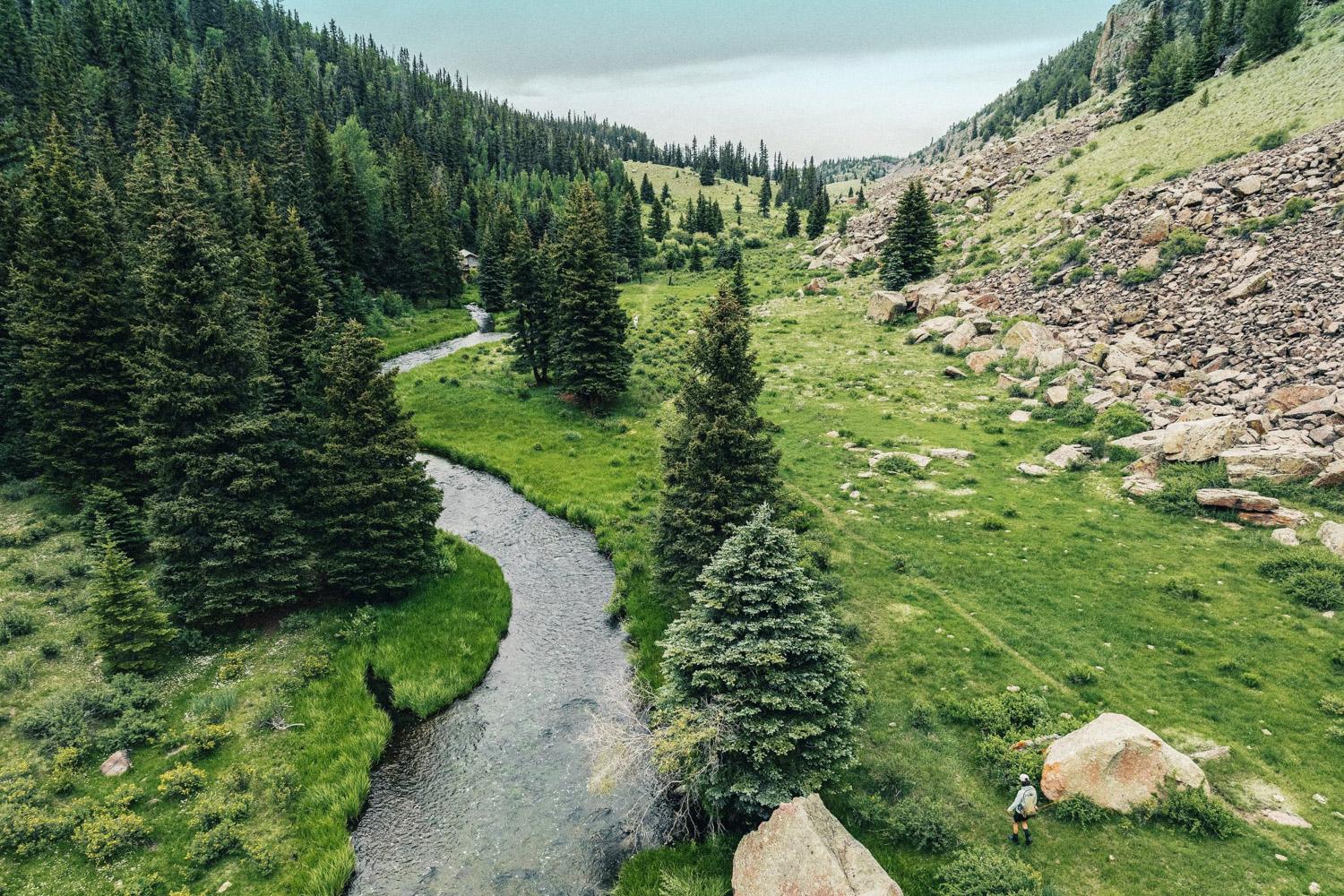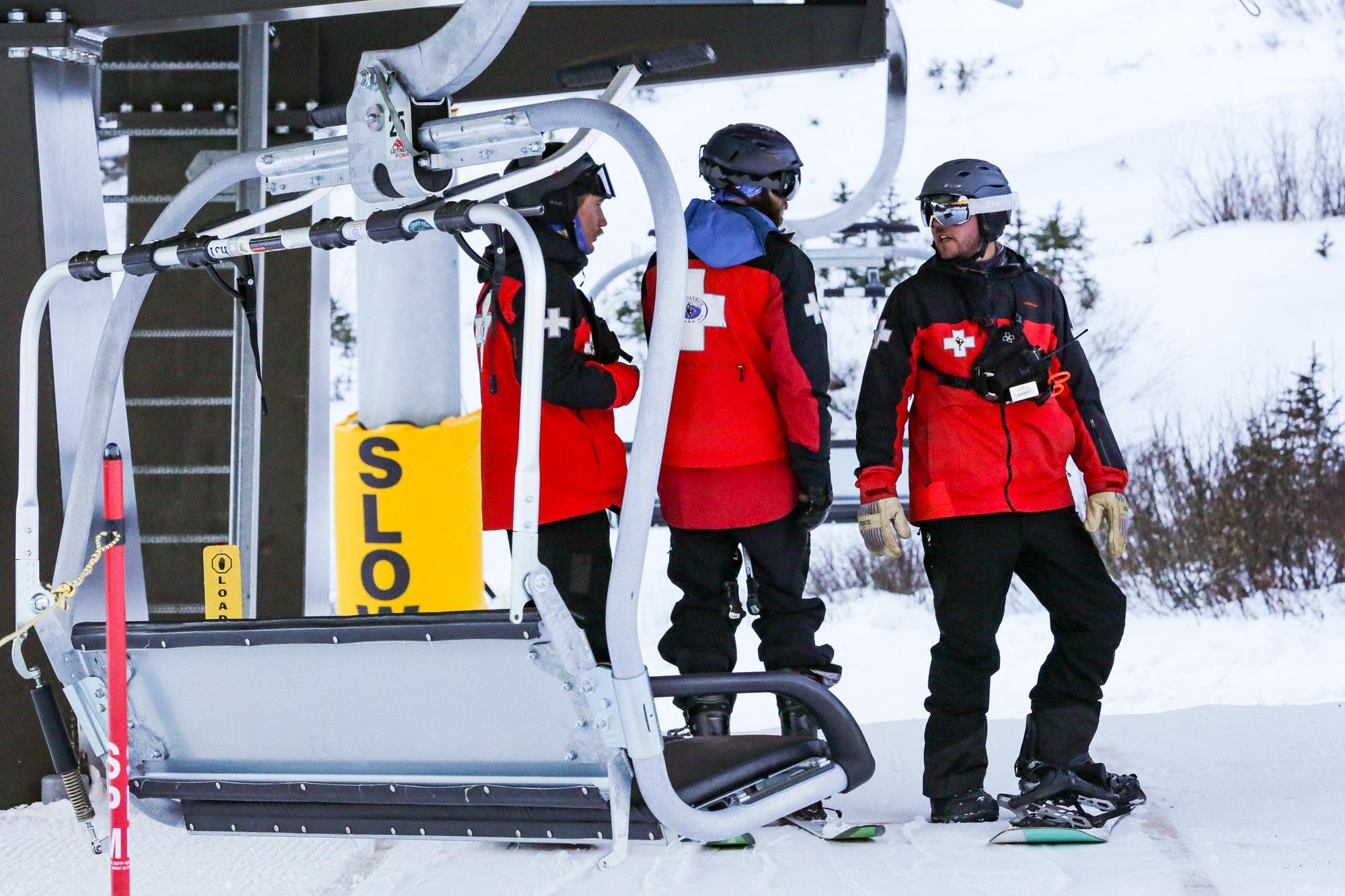
Updated at 11:10 a.m. on Thursday, Jan. 23, 2025
Update: The Lunar New Year celebration at the Pioneers Museum has been postponed due to winter weather advisories predicting freezing temperatures and heavy snowfall along the Front Range on Saturday.
Festivities are now scheduled for Saturday, Feb. 8 from 10 a.m. to 1 p.m.
Original story below.
Now that Lunar New Year is an official state holiday, Colorado Springs is hosting what it hopes will become its flagship celebration
Supporters of a successful 2023 legislative effort to recognize Lunar New Year as an official state holiday in Colorado are ready to celebrate. They are hosting the first of what they expect to become an annual flagship event honoring the Asian tradition.
The Denver-based nonprofit Refugees + Immigrants United along with the Filipino-American Community of Southern Colorado and the Colorado Springs Pioneers Museum are holding free Lunar New Year festivities Saturday from 10 a.m. to noon inside the museum at 215 S. Tejon St.
Nga Vương-Sandoval, Executive Director of Refugees and Immigrants United, led the group that advocated for the state holiday designation. She told Colorado Matters she has encountered many Coloradans of Asian descent who still haven’t heard of the bill’s passage.
“This holiday needs to be uplifted so that others can feel that sense of not just pride, but really know that they're being seen…by having this as part of our permanent history now,” Vương-Sandoval said.
The Lunar New Year is marked by the second new moon after the winter solstice, a period that roughly coincides with the arrival of spring weather in much of the Asian world. Celebrating that seasonal change as a time of hope and renewal has origins dating back about 3,500 years. In the millennia since, some form of a Lunar New Year festival has become a prominent observance for approximately two billion people in at least nine countries.
Festivities at the Pioneers Museum feature food trucks serving Asian cuisine, activity booths as well as cultural music and dances, including the Múa Lân or “Lion Dance.” It’s a tradition featuring performers dressed in elaborate lion costumes; lions who open their mouths to accept red envelopes of money from the audience in exchange for good luck.
“There's a belief that this is a way to ward off the evil spirits and to wash away anything that has to do with last year that was not auspicious,” Vương-Sandoval said.
The date of the second new moon following the winter solstice changes every year, falling sometime between mid-January and early-February. That date for 2025 is Wednesday, Jan 29. The recognized Colorado state holiday for Lunar New Year is always the first Friday in February, which in 2025 lands on Feb 7.
Supporters of a successful 2023 legislative effort to recognize Lunar New Year as an official state holiday in Colorado are ready to celebrate. They are hosting the first of what they expect to become an annual flagship event honoring the Asian tradition.
The Denver-based nonprofit Refugees + Immigrants United along with the Filipino-American Community of Southern Colorado and the Colorado Springs Pioneers Museum are holding free Lunar New Year festivities Saturday from 10 a.m.-12 p.m. inside the museum at 215 S. Tejon Street.
Nga Vương-Sandoval, Executive Director of Refugees and Immigrants United, led the group that advocated for the state holiday designation. She told Colorado Matters she has encountered many Coloradans of Asian descent who still haven’t heard of the bill’s passage.
“This holiday needs to be uplifted so that others can feel that sense of not just pride, but really know that they're being seen…by having this as part of our permanent history now,” Vương-Sandoval said.
The Lunar New Year is marked by the second new moon after the winter solstice, a period that roughly coincides with the arrival of spring weather in much of the Asian world. Celebrating that seasonal change as a time of hope and renewal has origins dating back about 3,500 years. In the millennia since, some form of a Lunar New Year festival has become a prominent observance for approximately two billion people in at least nine countries.
Festivities at the Pioneers Museum feature food trucks serving Asian cuisine, activity booths as well as cultural music and dances, including the Múa Lân or “Lion Dance.” It’s a tradition featuring performers dressed in elaborate lion costumes; lions who open their mouths to accept red envelopes of money from the audience in exchange for good luck.
“There's a belief that this is a way to ward off the evil spirits and to wash away anything that has to do with last year that was not auspicious,” Vương-Sandoval said.
The date of the second new moon following the winter solstice changes every year, falling sometime between mid-January and early-February. That date for 2025 is Wednesday, Jan 29. The recognized Colorado state holiday for Lunar New Year is always the first Friday in February, which in 2025 lands on Feb 7.









